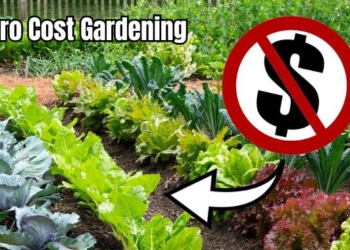
By Lauren Wolahan, Nexxus Media | EcoWatch
For the first time ever, the UN is building out a roadmap for curbing carbon pollution from agriculture. To take part in that process, a coalition of U.S. farmers traveled to the UN climate conference in Madrid, Spain this month to make the case for the role that large-scale farming operations, long criticized for their outsized emissions, can play in addressing climate change.
Often, conversations about agriculture feature calls for more small-scale, organic farming, the abolition of animal agriculture, and a shift away from farming row crops like corn and soy. The farmers at the meeting in Madrid, many of them political conservatives, aimed to challenge this view.
A.G. Kawamura, a third-generation fruit and vegetable grower and California's former secretary of food and agriculture, responds to critics by asking, “Well, did you eat today?”
The debate about the environmental impact of agriculture harkens back to the 1950s, which gave rise to synthetic pesticides and fertilizer, genetically modified crops, and advanced machinery. These tools allowed farmers to produce more food than ever before, but they also did considerable damage.
The widespread use of pesticides and fertilizers killed insects and birds, as well as fish who lived downstream of farms. The focus on cash crops led many farmers to plant the same crop year after year, sapping the soil of needed nutrients. And the embrace of high-powered farming tools turned once-rich topsoil into lifeless dust.
In light of these facts, many in the environmental community have called for a radical overhaul of the agricultural system. Longtime farmers of row crops like corn and soy are pushing back. They say that, through smart farming practices, they can actually help curb pollution.
Many farmers, for instance, are using advanced technologies that help them to cut down on pollution by allowing them to apply chemicals only where they're needed. But these technologies are only cost-effective on larger farms.

















